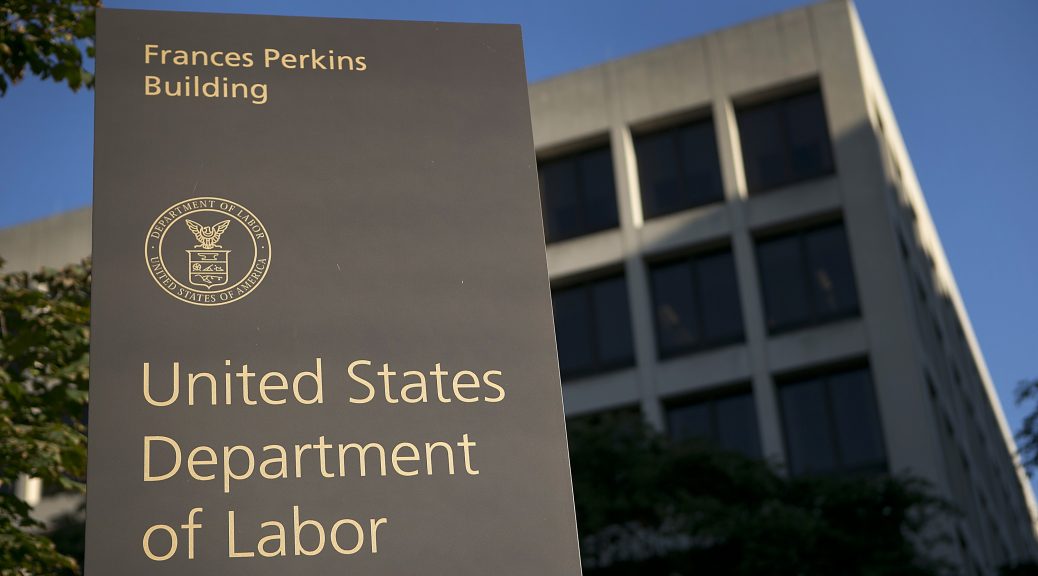A plan document is a comprehensive written instrument describing the operation and administration of an employer’s plan, from the perspective of the carrier and it is written in legalese. One of the requirements under the Employee Retirement Income Security Act (ERISA) is that employee welfare benefit plans must be written and maintained in a written document, and must clearly identify specific basic information about the plan, including: name of fiduciary administering the plan, procedures for amending and terminating the plan, source of plan contributions and allocation of responsibilities between the employer and the insurance carrier (or third party administrator). The plan document describes the benefits that an employee is entitled to under the plan and the guidelines to be used for plan administration and decision making.
The summary plan description (SPD) is simply a summary of the plan document required to be written in such a way that the participants of the benefits plan can easily understand it. Unlike the plan document, the SPD is required to be distributed to plan participants. The SPD is required because ERISA requires specific content, and required style and format. The SPD summarizes the plan document, and so the plan document encompasses the content required for the SPD. Day to day administration of the plan will use the plan document, because it contains more detail than the SPD. Read more about the contents of an SPD.
Why doesn’t the insurance carrier provide an SPD for a full insured plan? Employers receive a plan document and a certificate of coverage document for their fully ensured plans, but not an SPD. A written contract of insurance with an insurance company does not normally contain all of the rules required by ERISA and is therefore not a plan document.
What is a “wrap plan”? A “wrap” document is a drafting device used to supplement already-existing documentation. To comply with the requirements of ERISA, the “wrap” document contains the mandatory information and wraps around the plan document. The insurance document remains part of the wrap document, and together they form the complete plan document.
Why is a “wrap plan” needed? The insurance carrier plan document does not contain all the ERISA required information, because the insurance carrier is focused on complying with state insurance requirements (not federal law). By using a wrap document, an employer meets the requirements of ERISA, and the accurate insurer-provided benefit description contained in the insurance policy or contract.
Consultstu LLC provides fractional HR services to small/mid businesses to lower operational costs, improve business processes and comply with workplace regulations. We deliver customized HR solutions that provide protection from expensive mistakes and strategies to improve workplace results. Call us at 727-350-0370 or visit http://www.consultstu.com








